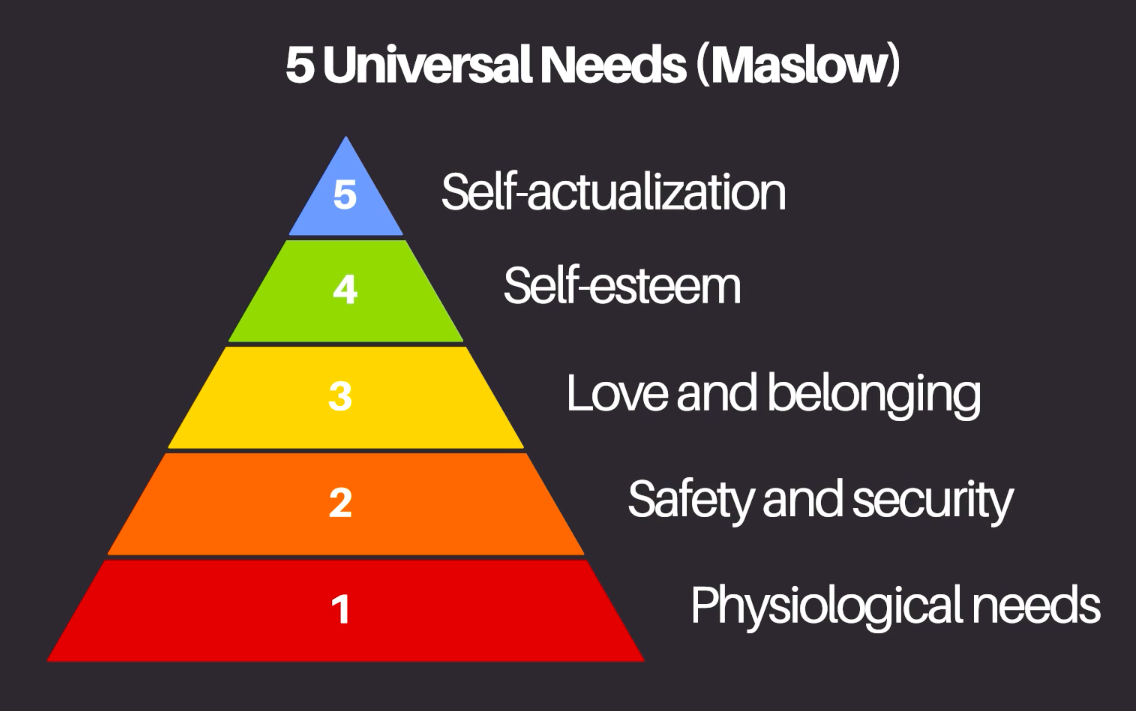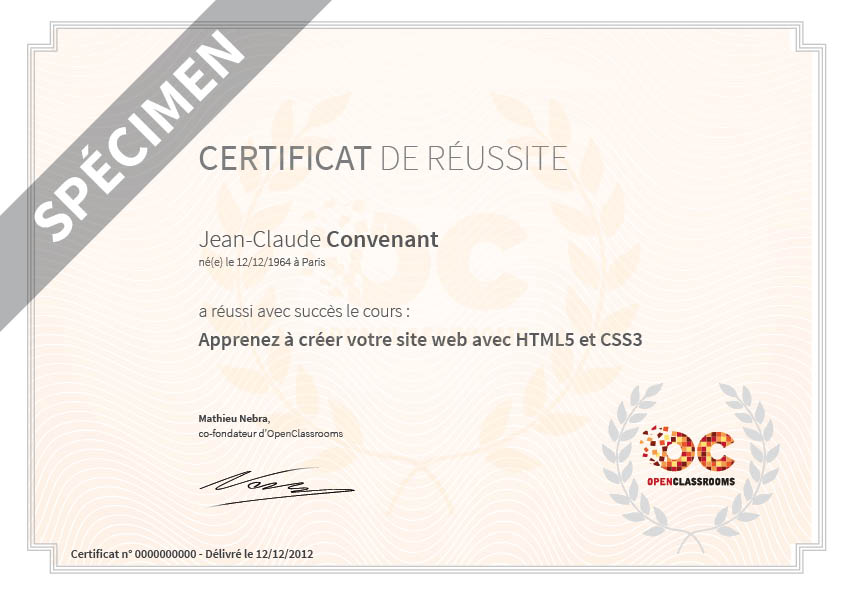How Will This Course Work?
When I started, there were lots of things that I would have liked to have known or been able to do, but nobody told me. This resulted in frustration and sometimes feeling like I was alone or helpless. 😣
Later, as a project leader for a wide variety of assignments, I worked directly with teams of 20 to 30 people. And I often thought to myself that it was a shame there was no training in how to acquire the attitude that makes collective performance possible, and how to maintain a good relational dynamic.
How can you be yourself within a group?
How do you continue to stick with a team project despite the ups and downs?
How do you stay true to yourself when you become very involved in a team?
Depending on your needs, you can complete the three parts chronologically or choose sections.
The first part is devoted to understanding yourself so you can find your place: how you work, your emotional maturity, your attitude toward hierarchical authority and your role in the team.
The second part is dedicated to developing a rapport with your team members: how to communicate, find the right dynamic and avoid relationship pitfalls.
The third part gives you powerful teamwork techniques: cooperation and collective intelligence, task organization, collaboration tools, meetings, time and motivation management.
The test below can help you identify what you need.
Test Your Team Player Instincts
Which group of statements below resonates the most with you: Group A or Group B?
GROUP A
|
GROUP B
|
Results
GROUP A: It is time for some in-depth personal development work! 😊 You have yet to acquire the right habits for successful teamwork. I especially recommend the self-coaching bonuses.
GROUP B: You already have an effective approach to teamwork. 😊 Perhaps you would like to move forward more quickly. If you want to continue to progress, the self-coaching bonuses will enable you to check your relational skills and review them.
Working Effectively in a Team Does Not Come Automatically
A team is a small group of 2 to 12 people with a point of equilibrium at around 5 or 6. A team’s responsibility includes ensuring a healthy group dynamic and good relationships between its members.
The remaining 85% usually resign themselves to the constraints of working in a team, with the associated communication issues, an obligation to work with people with whom you have little in common, unfamiliar working methods, conflicts and wasted time and energy—it’s so much more efficient to work by yourself, right?!
You may go more quickly by yourself, but as a team, you can go further. Teamwork is necessary and has become an integral part of modern management. Hence the challenge of turning it into an opportunity rather than something to be endured.
Shift Your Attitude Towards Cooperation
The American psychologist Abraham Maslow set out five basic levels of needs in his famous "pyramid of needs." The needs at the base are the first to be satisfied. Once these are properly met, then the person tries to fulfill the next ones up, and so on.

Notice that of the five levels, three depend on relations with others; two directly (social needs and a sense of belonging) and one indirectly (safety). Teams are typically a place where people’s needs are all different and this has to be resolved somehow.
It is inevitable that individual needs will be frustrated on a fairly ongoing basis, because:
Resources are limited and not everyone can be satisfied at the same time (sharing positions, roles, wage brackets, recognition, etc.)
People’s needs may compete with each other: The satisfaction of one person’s need for safety might limit another person’s need to fulfill their potential, etc.
In teamwork, the question becomes rather:
How can I ensure my survival, safety and need for a sense of belonging, esteem and achievement while being a member of a team?
An effective team tries to satisfy the needs of each person from this point of view. Striking a balance between needs satisfaction and frustration is what counts.
Even with ups and downs, you will stay motivated as long as the balance is positive. If the balance is negative, you gradually withdraw your commitment and stop involving yourself in the team, which will weaken your vigilance and your performance.
Gradually Eliminate Your Personal Agenda
Teamwork requires a state of mind and specific attitudes that exclude a “personal agenda,” i.e., any aggressive behavior and tendencies to protect one’s ego. An active learning process is the only way to leave these often unconscious habits behind.
Long-term changes in behavior involve two phases:
1- The passive phase:
Becoming aware of work behavior and habits
Having the desire to change behavior patterns
Changing your perception of yourself and others through an adjustment process
2- The active phase:
Developing emotional maturity
Practicing empathy, active listening, positive communication and assertiveness techniques
Putting things into perspective and letting go
Let's Recap!
Developing effective team-working skills involves:
Proactively working towards knowing yourself
Recognizing your needs and how they fit with the needs of a team
Replacing your personal agenda with a cooperative mentality
Let’s get started!
I look forward to accompanying you on this journey of personal development. 😊
